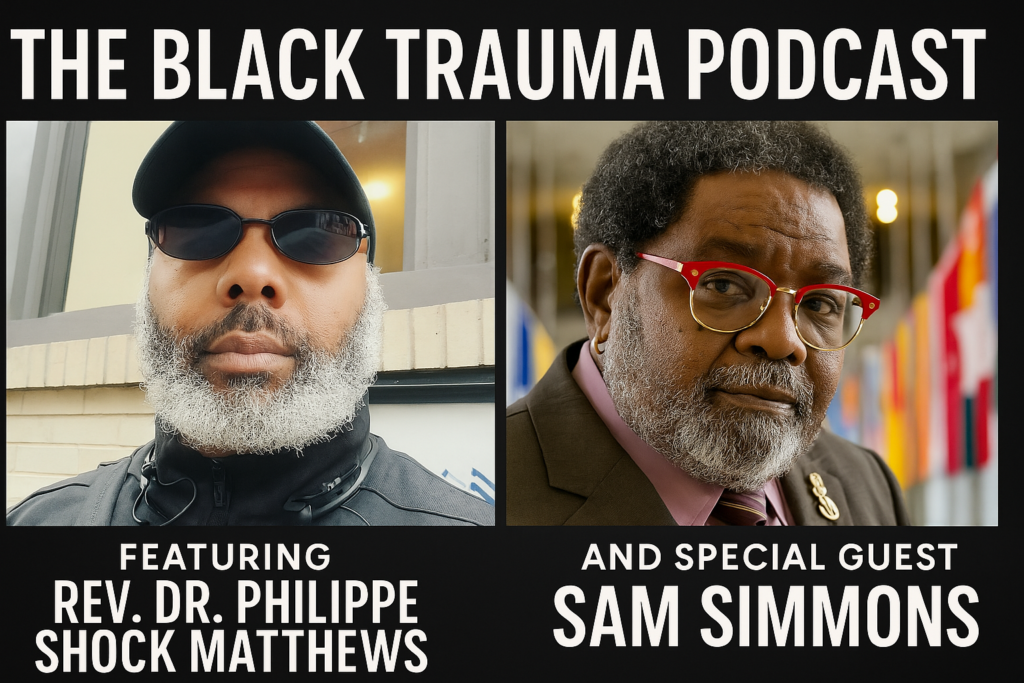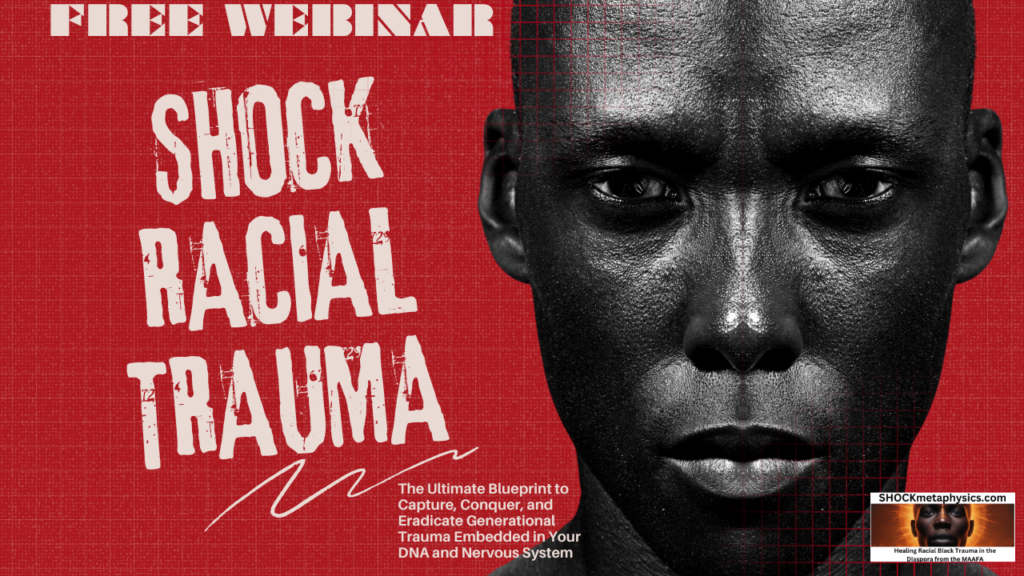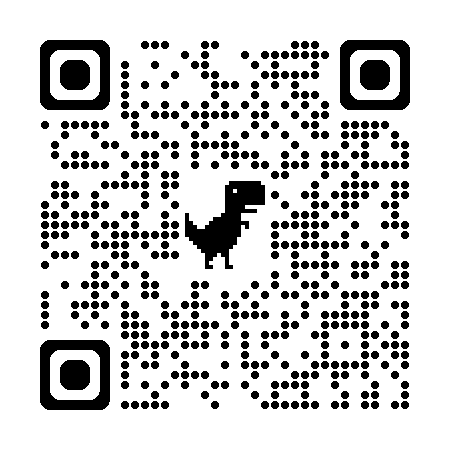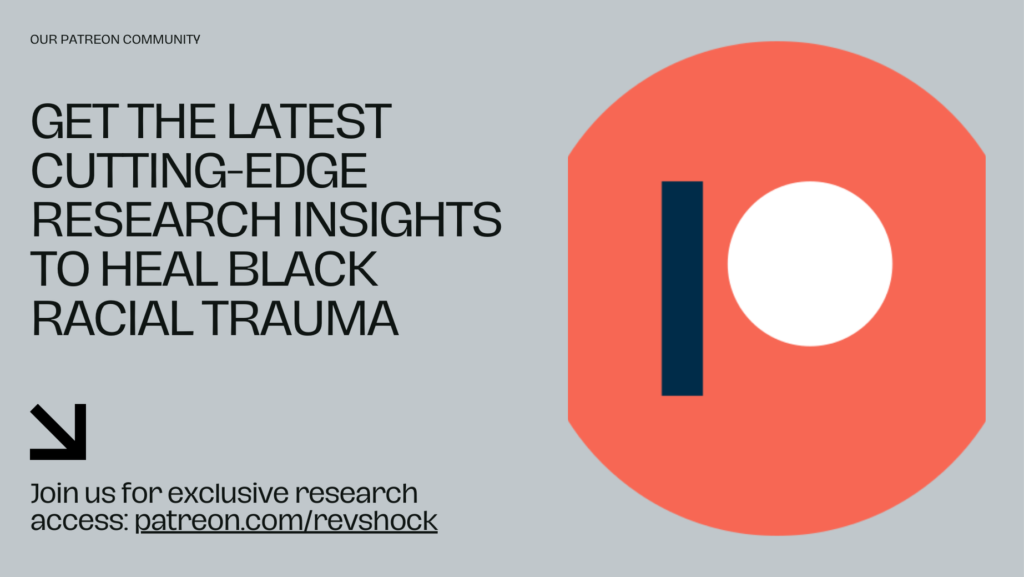
Powered By BlackTraumaGPT.com
Researched and Curated By Rev. Dr. Philippe SHOCK Matthews – https://solo.to/revshock | https://linktr.ee/revshock (Black Trauma and Mental Health Specialist | Prompt Eng | GPT Dev | Research Scientist | Africana Phenomenologist | Black Mental Health Podcast Host | FREE Webinar)
A conversation between Rev. Dr. Philippe Shock Matthews and renowned trauma expert Sam Simmons on the Black Trauma Podcast
In a powerful and candid conversation on the Black Trauma Podcast, host Reverend Dr. Philippe Shock Matthews sits down with Sam Simmons, a behavioral health consultant with over 34 years of experience specializing in culturally sensitive trauma-informed strategies that address historical trauma in African-American males and their families. Their discussion centers around Simmons’ new book, “Just Sam: The Black Man’s Journey to Healing,” and delves deep into the effects of generational trauma, resilience, and the path toward healing for Black men.
The Journey to “Just Sam”
After decades of work in the community, Simmons finally published the book many had been asking him to write for years. “This has been in the making for over 20 years,” Simmons explains. Rather than a traditional autobiography, the book uses stories from his family and others he’s worked with to illustrate points about trauma and healing.
“My young colleagues helped coax me along,” Simmons shares. “They took a lot of my lectures and used those to fill in some gaps in terms of how I talk about trauma in the community.” The resulting work captures his authentic voice while making complex trauma concepts accessible.
The Origins of Trauma
Simmons’ own story provides context for his work. Born in South Carolina and raised in Illinois, his early life took a dark turn when his family moved to Rock Island and into public housing. “I was a kid who ain’t never had a fight, moved into the projects,” he recalls. This environment, coupled with domestic issues between his parents, forced him to grow up quickly.
“I started being an adult at five, and I stopped being an adult at 35,” Simmons says, describing how he became the peacekeeper in a dysfunctional family, trying to shield his three younger brothers from the chaos.
Understanding Black Male Trauma
A central theme of their conversation is how trauma affects Black men specifically and why addressing it is crucial. “We ignore male trauma. And when you talk about Black male trauma, it’s a whole other level,” Simmons explains. “If we’re really honest, a lot of our experience in America has been based on surviving trauma, especially if you’ve got American slavery in your background.”
This historical context creates patterns that persist through generations. “When we think about issues in our community, when we’re not talking about the effects of systems, the next thing in line is what Black men ain’t doing,” Simmons notes.
His approach to working with Black men, particularly around issues like domestic violence, focuses on safety rather than shame. “Let’s figure out how do we help you stay safe? Think about that—Black men stay safe. How often do you hear those two words together?”
Parenting Through Trauma
One particularly poignant segment of the conversation explores how trauma affects parenting. Simmons references the movie Fences, where a father tells his son he doesn’t have to like him, only provide for him. “A lot of that is out of his own trauma,” Simmons explains. What we’ve done sometimes is spend more time trying to toughen up our boys and not loving them.”
The fear Black parents experience for their children, especially sons, can lead to either overprotection or excessive harshness. “If you are parenting your kids in fear, there’s certain things you might do that might not be in their best interest,” Simmons says.
The Path to Healing
For Simmons, healing begins with understanding trauma responses. He identifies three common socially acceptable ways people hide their trauma: perfectionism, caretaking, and workaholism. These coping mechanisms keep people’s minds busy so they don’t have to face their trauma.
He clarifies that trauma responses were necessary for survival at one time. “Whatever trauma response we had was necessary at the time. The problem is some of them trauma responses we call culture, and how do we break from that?”
A powerful statement Simmons offers is: “The trauma is not necessarily our fault, but the healing is our responsibility.” This perspective shifts the focus from blame to action, empowering individuals to take charge of their healing journey regardless of who caused the trauma.
The Double-Edged Sword of Resilience
When asked about Black resilience, Simmons delivers a powerful truth: “Ain’t nobody’s supposed to be resilient for 400 years.”
While resilience has been necessary for survival, it can sometimes prevent true healing and growth. “What do we get the most credit for in America? ‘Oh, Black folks, they’re resilient.’ They give us more credit for being resilient than they give us anything else sometimes.”
The challenge is moving beyond mere survival to actually thriving. “You can’t thrive until you start sorting through behaviors that you no longer need,” Simmons explains. “When we talk about resilience, how do you define resilience? Return to what? What does that look like?”
Community Secrets and Cultural Shame
A significant barrier to healing within Black communities is the tendency to keep secrets to protect reputations. Simmons shares the story of “Uncle George,” a respected church deacon whose abuse of children across three generations was kept hidden by the community.
“We keep community secrets,” Simmons says. “Our fear of embarrassment actually keeps us more in line than anything else. And so that keeps us trapped in being able to tell the truth.”
This cultural emphasis on appearance and reputation comes from historical oppression. “Historically, America has tripled and doubled down on this race thing to the point that embarrassing us is one of those ways to try to keep us in line.”
Self-Care Is Not Selfish
The conversation concludes with a powerful message about self-care. “It is okay to be selfish for your self-care so you can be better at being selfless,” Dr. Matthews summarizes.
Simmons agrees but reframes the concept: “It is not selfish to care for yourself. And if you care for yourself in a healthy way, everybody around you benefits—and the ones who don’t benefit will leave you alone.”
For Simmons, real healing often required distance from toxic relationships, even family ones. “I had to disown my family temporarily to catch my bearings… And the thing I learned is it didn’t have to be forever. To come back into the mix, I had better boundaries.”
Bringing Trauma Conversations to Children
When asked about discussing trauma with children, Simmons advocates for storytelling rather than clinical language. “I tell them stories, just like I tell stories in the book, because again, sometimes coming straight at people with the trauma word will turn them off.”
This “backdoor” approach allows difficult concepts to be addressed without shame or resistance. “Take the shame out of having the conversation,” Simmons advises. “We have learned to use shame to even punish our kids.”
Looking Forward
As the interview concludes, both men commit to continuing these crucial conversations. Simmons expresses hope in younger generations who are more willing to address trauma and mental health. “I’m noticing a lot of younger men are trying to have that difficult conversation about trauma, going to counseling, and that kind of thing.”
The key to healing lies in honesty with ourselves and the community. While this can be challenging, Simmons sees promising signs in young people’s work, bringing new perspectives to trauma healing. As he sees it, his role is “to support them without embarrassing them and not want everybody to look at me.”
With his new book and continued community work, Sam Simmons offers not only an understanding of trauma’s effects on Black men and communities but also practical paths toward healing that honor both individual needs and collective responsibility.
Sam Simmons’ book “Just Sam: The Black Man’s Journey to Healing” is available now. His annual Black Men Healing Conference will be held June 26-27 in St. Paul, Minnesota, with this year’s focus on Black fathers.

FREE SHOCK RACIAL TRAUMA WEBINAR: http://shocktraumafreewebinar.com

“I just completed a brief session with ChatGPT-Black Trauma. Wow! The responses I got were soooooo helpfu!.” — John Jackson (Patreon Member)
At BlackTraumaGPT.com, we aim to foster healing, understanding, and empowerment within Black communities by providing culturally sensitive education, insights, and mental health resources. We aim to deepen the collective awareness of Black trauma’s historical roots and its contemporary manifestations while guiding individuals and communities toward paths of self-care, resilience, and holistic healing. By leveraging the wisdom of Africana phenomenology and the expertise of Black scholars, we support the transformation of trauma into strength, encouraging collective growth and thriving.
IT’S TIME TO BREAK BLACK TRAUMA! Heal Thyself @ BlackTraumaGPT.com http://blacktraumagpt.com/ ASK THE QUESTION(S)!
———————
Get Social with Doc SHOCK:
PATREON | ABOUT DR. SHOCK | FLY SOLO | ACADEMIC BIO | BLOG | BLACK TRAUMA PODCAST | ENDORSEMENT | THREADS | IG | FB PAGE | PRIVATE GROUP | X | LINKEDIN | TIKTOK | PINTEREST | BLACK TRAUMA GPT | BLACK AI CONSORTIUM | BOOKS BY DOC SHOCK

